SRM系统在供应商评价中的效益

Title: The Benefits of SRM Systems in Supplier Evaluation: A Multi-faceted Perspective
Introduction:
Supplier Relationship Management (SRM) systems have emerged as a vital tool for businesses in assessing and managing their suppliers effectively. These systems provide numerous benefits that can positively impact an organization's overall efficiency and profitability. This article explores the multifaceted advantages of SRM systems in supplier evaluation, highlighting their significance from multiple angles.
1. Improved Supplier Performance:
One key benefit of SRM systems is their ability to enhance supplier performance. These systems enable businesses to track and evaluate suppliers based on predefined metrics and criteria, such as quality, delivery time, and customer satisfaction. By consistently monitoring supplier performance, organizations can identify any shortcomings or areas for improvement. This data-driven approach allows for proactive measures to be taken, ensuring that suppliers meet the desired performance levels and continuously strive for excellence.
2. Enhanced Collaboration and Communication:
Effective communication and collaboration are vital for successful supplier relationships. SRM systems facilitate seamless communication between buyers and suppliers, enabling real-time information exchange and fostering collaboration. Through centralized platforms, stakeholders can access relevant data, discuss issues, and track progress. By streamlining communication, SRM systems reduce the chances of misinterpretation or delays, leading to better coordination between all parties involved.
3. Risk Mitigation:
In today's globally interconnected business environment, risk management is crucial. SRM systems play a pivotal role in mitigating supplier-related risks. By evaluating supplier performance, compliance with regulations, and financial stability, these systems help identify potential risks and ensure that suppliers adhere to necessary standards. Moreover, SRM systems allow organizations to diversify their supplier base, reducing the dependency on a single vendor and thereby minimizing the impact of supply chain disruptions.
4. Cost Savings:
SRM systems contribute to cost savings through various mechanisms. Firstly, by evaluating suppliers based on performance and value for money, organizations can negotiate favorable terms and pricing. Secondly, these systems facilitate efficient procurement processes, reducing administrative costs associated with managing multiple suppliers manually. Additionally, by identifying and addressing supplier performance gaps promptly, businesses can minimize the risk of defective or late deliveries, ultimately reducing costs associated with rework, penalties, or lost sales.
5. Continuous Improvement:
Organizations thrive when they focus on continuous improvement, and SRM systems support this objective. By regularly assessing suppliers, these systems provide valuable insights for identifying areas of improvement in the supply chain. This data-driven approach enables organizations to collaborate with suppliers in implementing necessary changes, leading to enhanced efficiency, innovation, and quality. The ability to continuously monitor and improve supplier relationships creates a competitive advantage, fostering long-term success for the organization.
6. Enhanced Customer Satisfaction:
An essential factor in achieving success is maintaining high levels of customer satisfaction. SRM systems indirectly contribute to this goal by ensuring the timely delivery of quality products or services. By evaluating suppliers based on customer feedback, organizations can identify potential bottlenecks that may impact customer satisfaction. Timely interventions and improvements foster a positive customer experience, leading to increased loyalty and repeat business.
Conclusion:
The benefits of SRM systems in supplier evaluation are wide-ranging and impactful. From improved supplier performance and enhanced collaboration to risk mitigation and cost savings, these systems provide organizations with a comprehensive framework for effective supplier management. By adopting SRM systems, businesses can strategically align their supplier relationships, driving efficiencies, and ultimately gaining a competitive advantage in an increasingly demanding marketplace.
��Ѷ���������2006�꣬ӵ�������з����뿪��ƽ̨����һ�Ҽ���Ӫ�������졢�ɹ���ȫ��·���ǻ��������Ʒ����̺ͷ����̡���Ʒ�������ֻ����䡢����������������������˾��MRO��ERP��MES��WMS��CRM��SRM�Ȳ�ƷΪ������Ϊ�ͻ��ṩ���ǻ��������巽���滮��������ܷ�����Χ���������Ǻͳ����ǵ����������ڰ����ͻ������к�ʵ�ʳ������ɴ��С��ɴ��µ����ֻ���Ӫ��ϵ�������������Ϣ�����������ֻ��;������ܻ��������⣬Ϊ��ͬ��ҵ����ͬ��ʵ�ֲ�ͬ�ľ�ӪĿ�ꡣ



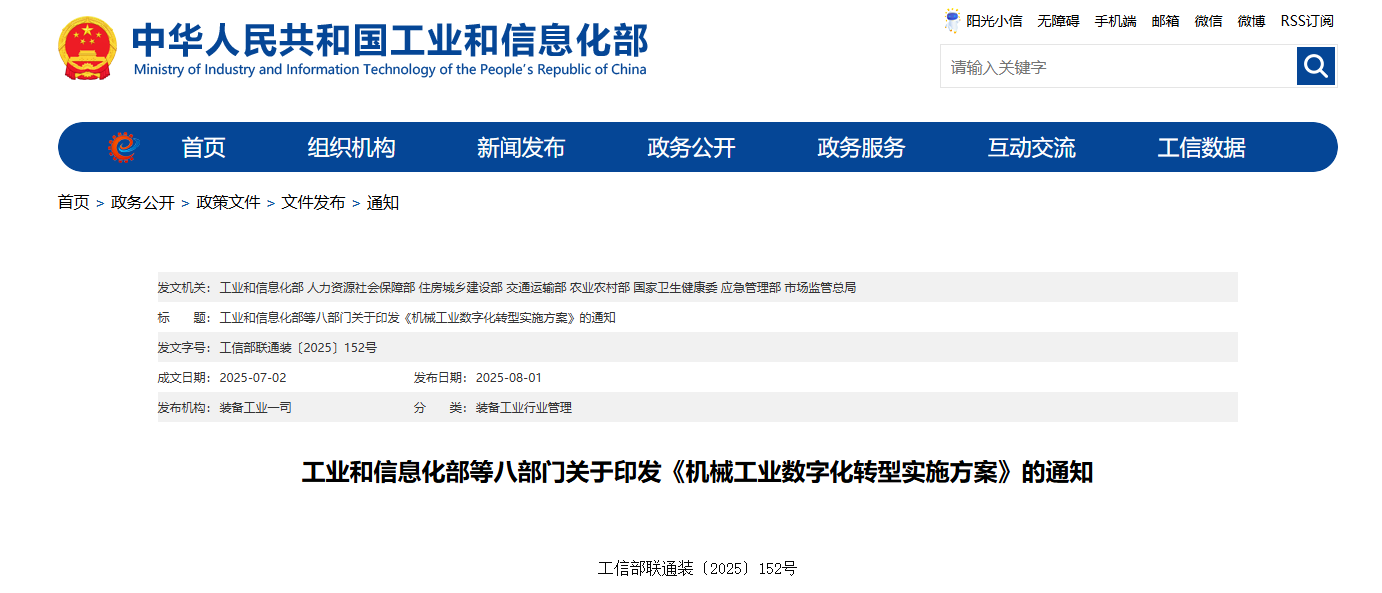

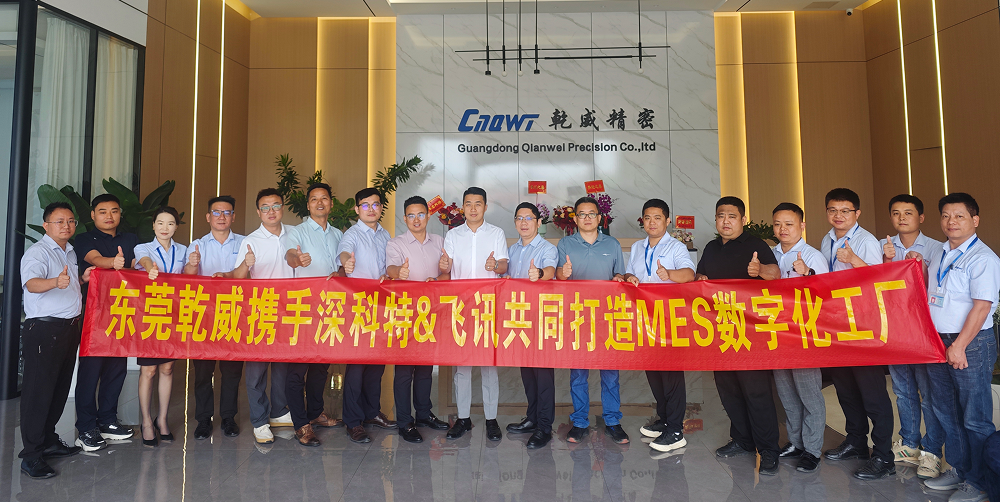
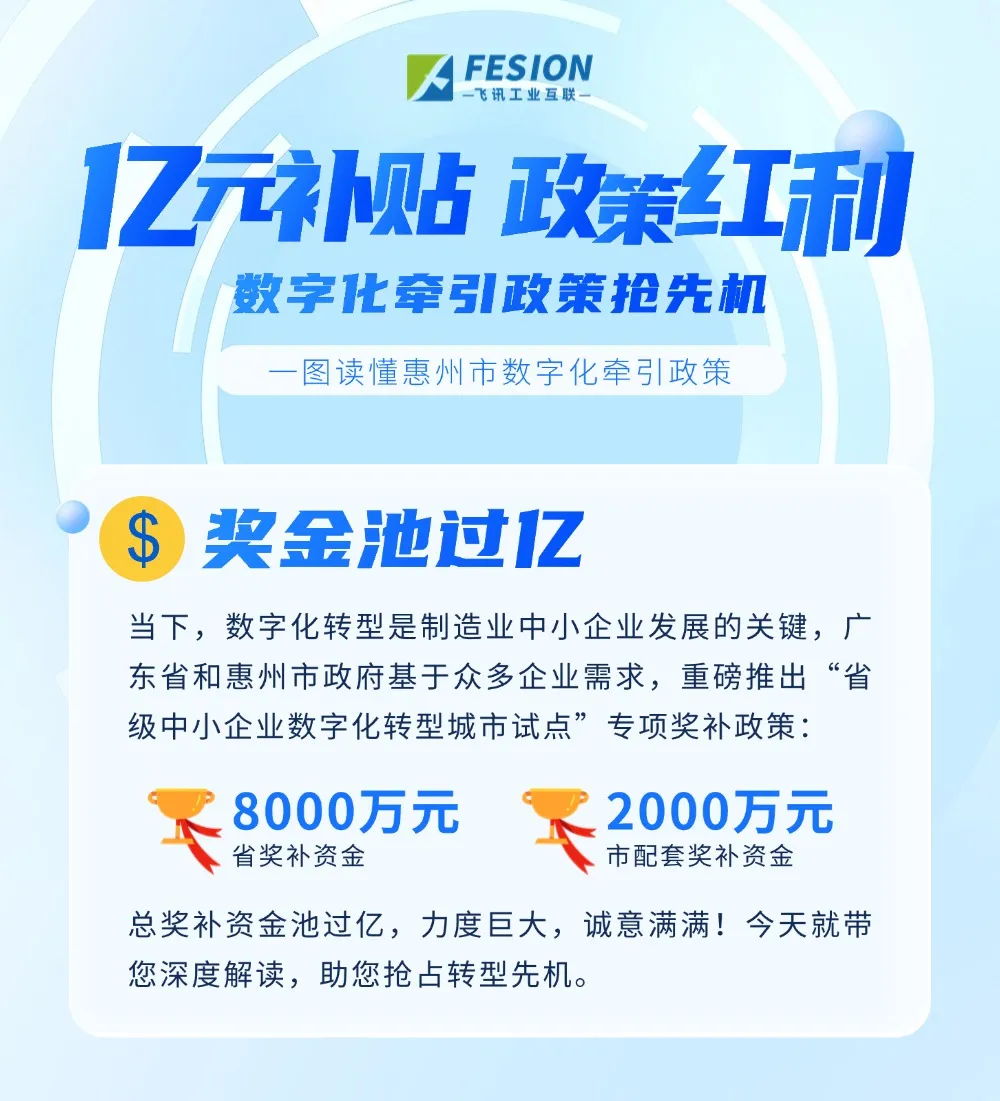




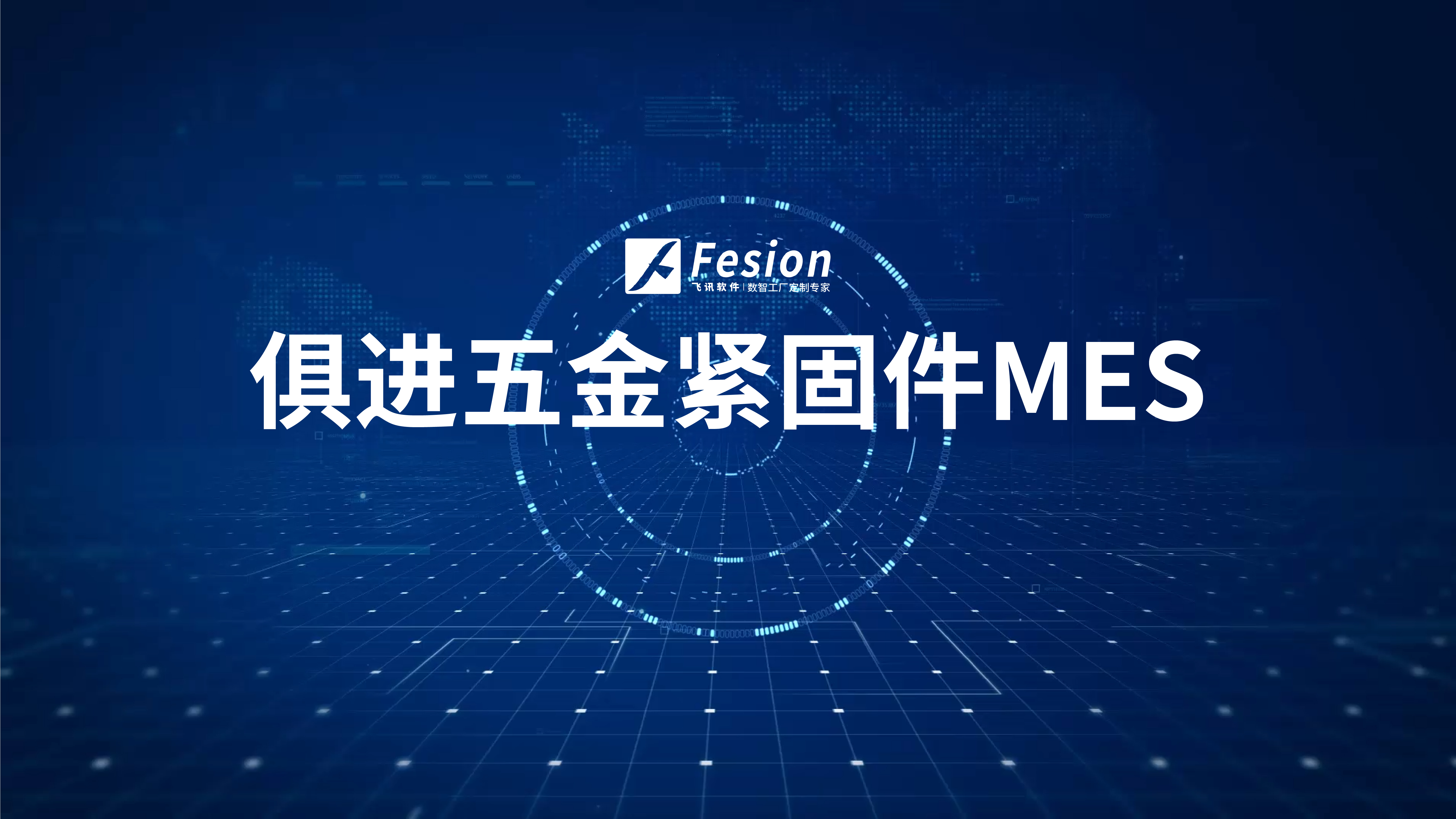
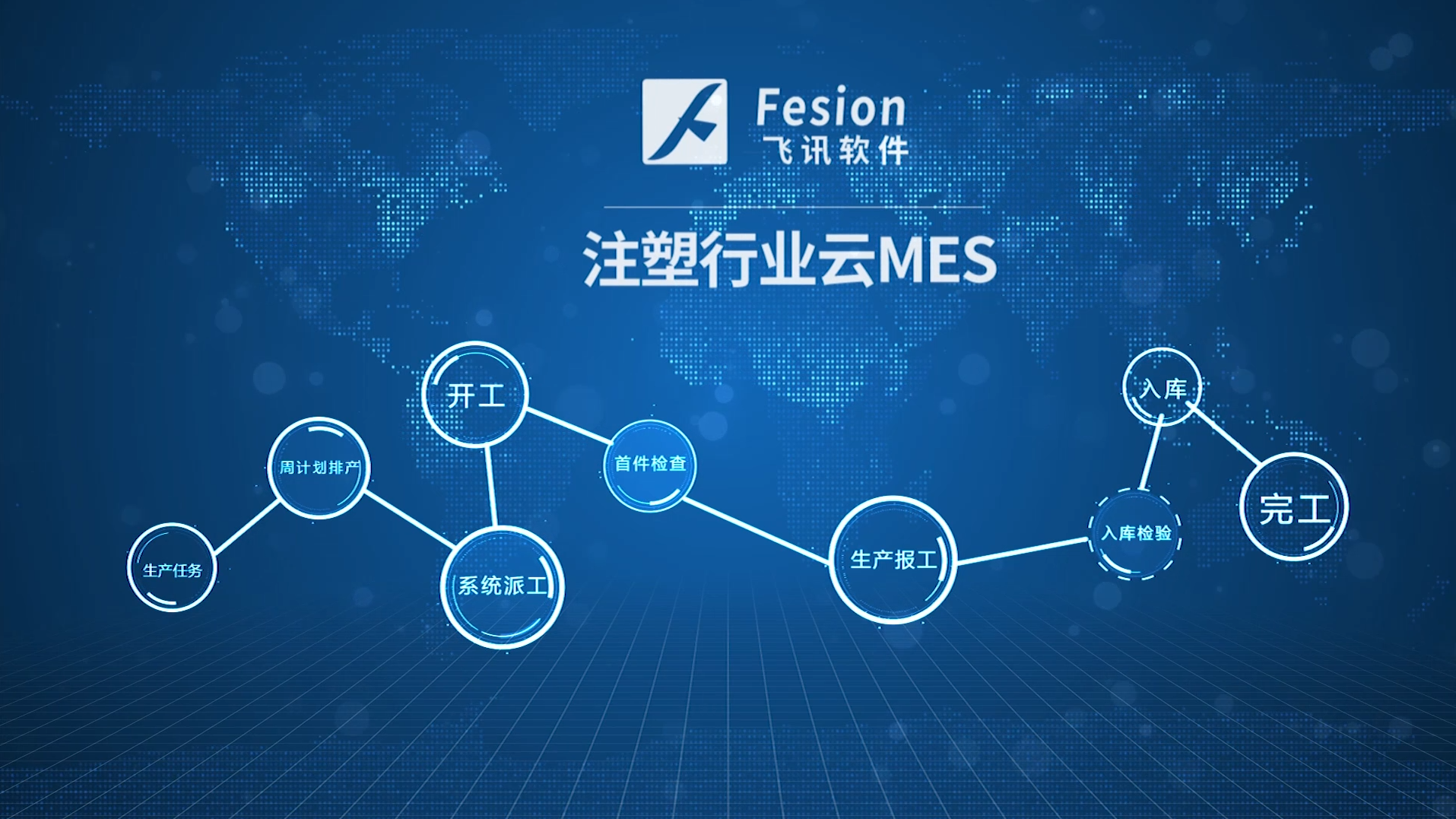










请先 登录后发表评论 ~